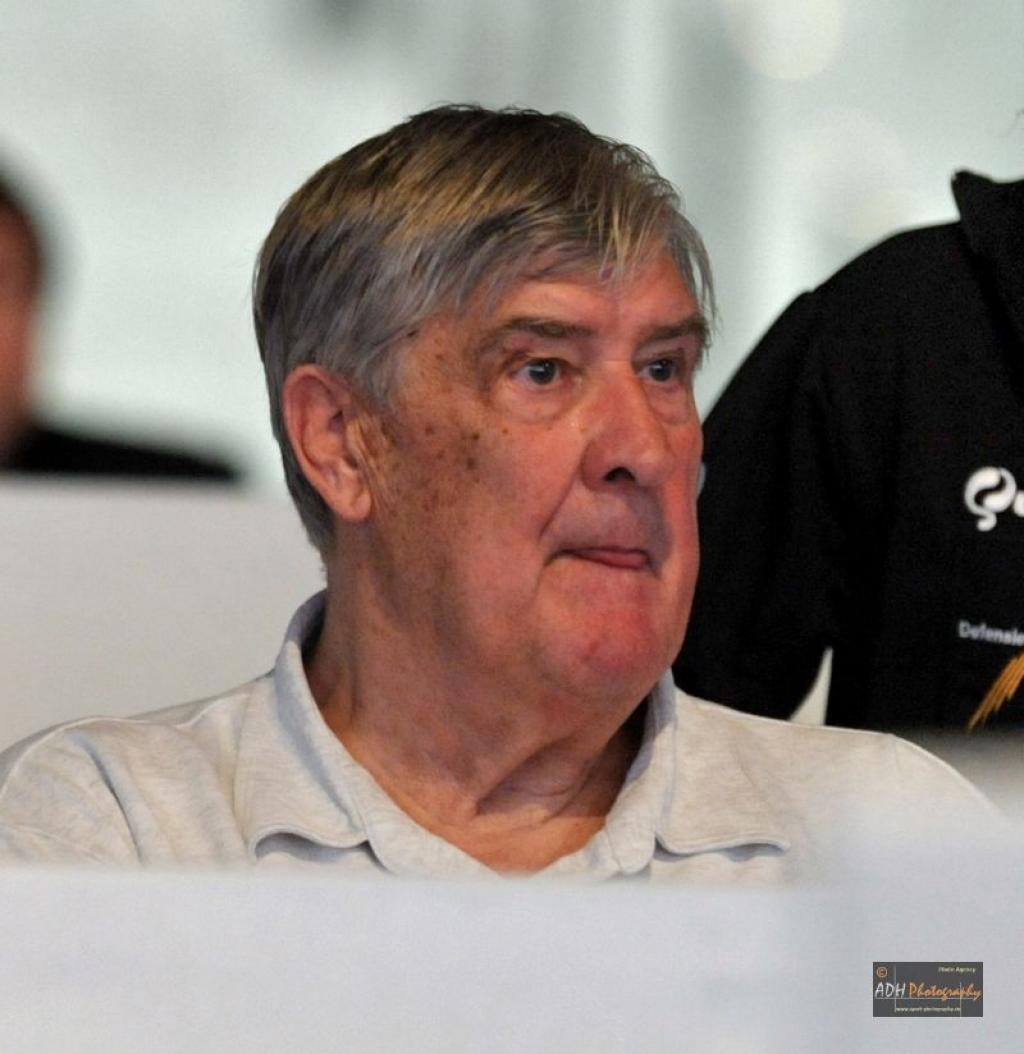At 27 August, the world of judo mourns about the death of judo icon Anton Geesink. The Dutch 10th Dan and IOC member was the first non-Japanese World Champion in 1961 and won the Olympic title in Tokyo in 1964. He passed away at the age of 83. EJU President Sergey Soloveychik: “On behalf of the EJU I am writing to extend our deepest condolences to the relatives, friends of Anton Geesink and the whole judo world. We are deeply sorry to hear about the death of this great man, judo legend – true icon. He and his family are in our thoughts and prayers.” Born on 6 April 1934 in Utrecht, Netherlands, Geesink became the first Olympic judo champion in the Open category in 1964 and also won three world titles including the one awarded for his Olympic success. Anton Geesink started competitive judo when he was 17 and soon he ranked among the best judokas in the Netherlands. It did not take him long to also rank among the best judokas in Europe and by the end of his career he had won a record 21 European titles. Geesink won his first world championship title in 1961, becoming the first person from outside Japan to become world champion. When judo first received an official Olympic status in 1964 in Tokyo, the host nation was expected to sweep the four events. Japanese judokas took the gold in the first three events and counted on their highly touted champion Akio Kaminaga to reel in the main prize. However, the towering Dutchman would prove an immovable roadblock for Kaminaga. To the disbelief of 18,000 spectators, Geesink beat Kaminaga in convincing fashion. When Geesink’s teammates rushed onto the tatami to hoist the giant, Geesink quickly dismissed them with a gesture of his arm. He first bowed at Kaminaga, acknowledging his opponent, before becoming the focal point of Dutch activities, a courtesy that left the Tokyo arena in awe. In 1965, Geesink won another world title, this time in the heavyweight category. Geesink also won 21 European titles during his career and no one has ever dominated the judo world in the same way that he did. In October 1997 he was presented with the 10th Dan, a distinction very rarely given to a judoka. Recently he was accompanied by Scottish George Kerr. Elected as an member of the International Olympic Committee in 1987, he was a member of the Sport for All Commission, a member of the Evaluation Commission for the XIX Olympic Winter Games in 1996, and a delegate member for members’ responsibilities from 1992 to 2001. Since 2002, he played an active role during the Olympic Games as delegate member for Games Observation. A teacher by profession, Anton Geesink was part of the Royal Military Academy in Breda and a professor at the Academy of Physical Education in Amsterdam and the Central Institute for the Education of Sports Teachers in Overveen. He was also a national and international judo instructor and coach. Geesink received a number of prestigious distinctions throughout his outstanding career, including the Queen’s Order of Knight of Oranje Nassau, the Prix de l’Académie Française, and the Order of the Sacred Treasure, Gold Rays by His Majesty the Emperor of Japan. He was an honorary doctor in letters at Tokyo’s Kokusikan University, unanimously elected to the IJF Hall of Fame in 2003, and named national sportsman of the year in his country four times. The City of Utrecht honoured him with a statue in the centre of the city in 1995. He was the author of eleven books and articles on judo and sports education.




